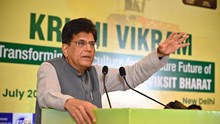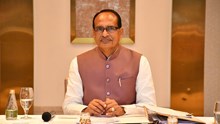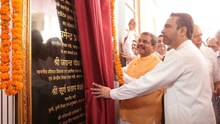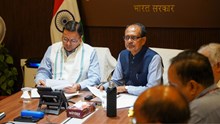
The world of energy today looks very different. More than 80% growth in energy in the coming decades will come from emerging economies, especially India and China. Indeed, emerging economies are leading the discussion on increasing energy access and sustaining development while also transitioning toward clean energy sources. This was previously led by countries like USA and other OPEC nations. This imposes policy questions in energy transitions, even more important.
The Indian School of Public Policy was formally launched on October 23rd, 2018 at the Constitution Club of India, New Delhi by dignitaries including Shri N.K. Singh, Shri Rajiv Mehrishi and Shri Gurcharan Das. Notable experts from Tata Institute of Social Science, Twitter Inc India, Brookings Institution, Uber India and GMR established the urgent need for a new generation of policy professionals through a panel discussion. The School will commence a year-long Certificate Programme in Policy, Design & Management, intended to prepare students for challenging careers in policy action across government, industry and civil society

In light of the above, the Indian School of Public Policy organized a workshop on ‘Energy Transitions in Emerging Economies: Opportunities, Risks, and Ways Forward’ by Dr. Arunabha Ghosh on 29 June 2019. Dr. Ghosh is the founder-CEO of the Council on Energy, Environment, and Water (CEEW). Since 2010, he has led CEEW to the top ranks as one of South Asia's leading policy research institutions (six years in a row); and among the world’s 20 best climate think-tanks in 2016.
The workshop focused on the role of public policy in ending energy poverty and enabling the much-needed transition to sustainable forms of energy such as solar power. Elaborating, Dr. Ghosh said, “Energy transition in emerging economies will occur in four ways: from traditional to modern forms of fuel; from rural energy demand to urban; deeper integration into global energy markets, especially of India and China; and the move from mere growth to sustainable growth, with focus on renewable energy and newer cleaner technologies.” He also said that 1.3 million jobs are estimated to be created by solar and wind sectors by 2022 if India realizes its 175 GW target. However, access to affordable finance is key to meeting India’s renewable energy targets.
To get more details: https://www.ispp.org.in/















